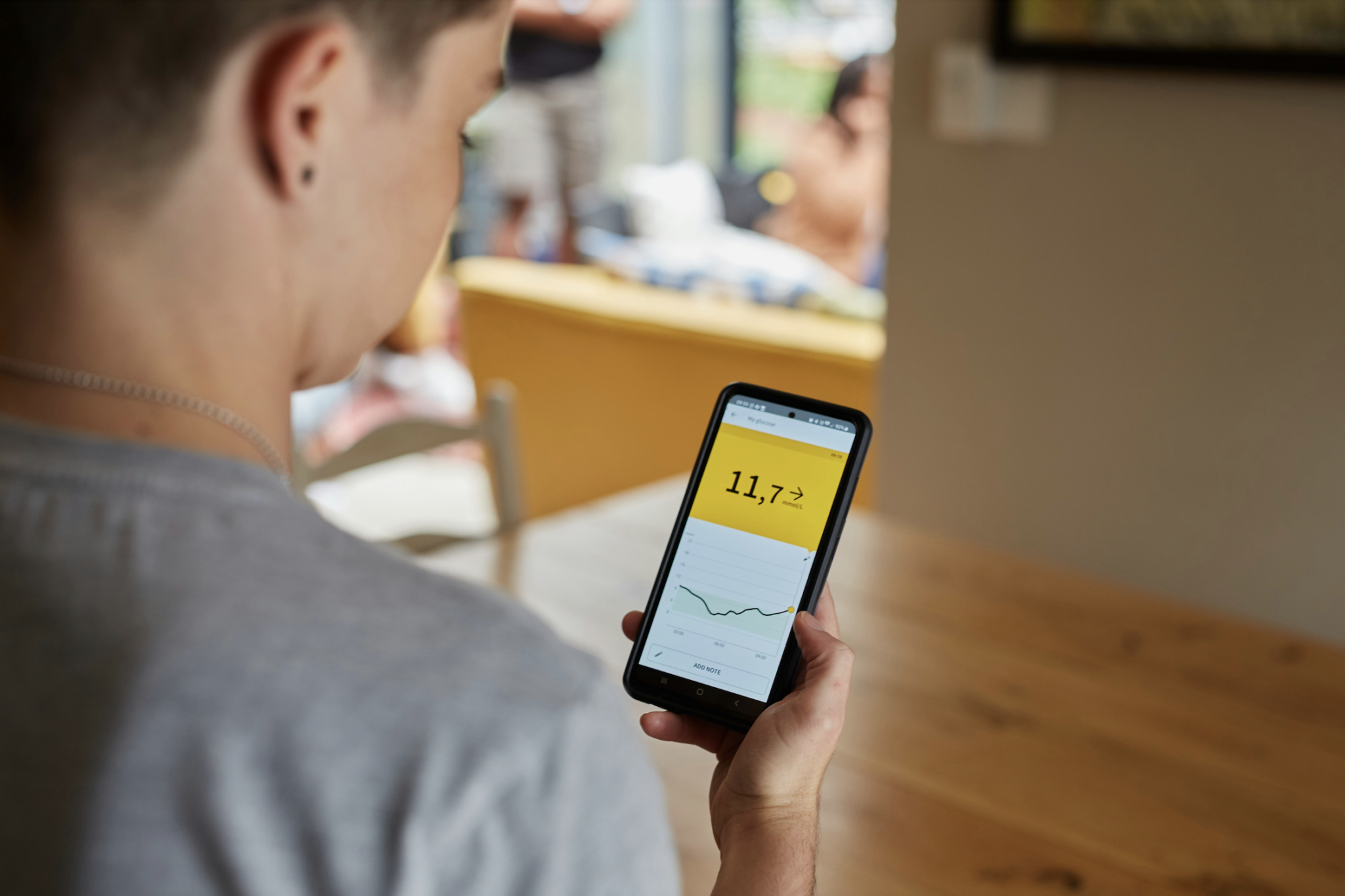The Most Common Symptoms of Diabetes
It’s essential to know the more commonly seen signs of diabetes due to improper insulin use. These common symptoms can include the following:
- increased thirst
- slower wound healing
- blurry vision
- frequent urination
- extreme hunger
- chronic fatigue
10 Unusual Symptoms of Diabetes
1. Frequent Infections
People with diabetes have an increased risk of developing infections due to high blood sugar levels. Increased glucose levels can weaken the body’s ability to fight off viruses. Also, it creates an environment conducive to the growth of harmful bacteria. This is especially concerning for those with a weakened immune system, as their bodies are more susceptible to infections like:
- yeast infections
- urinary tract infections (UTIs)
- vaginal infections
- bladder infections
- skin infections
2. Acanthosis Nigricans
Acanthosis nigricans is a skin condition that affects areas such as the armpits, neck and groin. It is characterized by dark, velvety patches of discolored skin appearing in body folds and creases. These patches are usually thickened, which can cause irritation and discomfort to those affected. People with diabetes are particularly vulnerable to this condition, as high blood sugar levels can weaken the body’s ability to fight off microbes and make them more susceptible to infections.
3. Burning Sensation
One of the unusual symptoms of diabetes is having a burning sensation. If you have diabetes and are dealing with a tingling, burning sensation in your hands or feet, it may be due to diabetic neuropathy. That’s why burning sensation can be considered a warning sign of diabetes. Diabetic neuropathy is a type of nerve damage brought about by long-term high blood sugar levels.
4. Fruity Smelling Breath
Breath odor can be bad and unpleasant due to food, dry mouth, poor dental hygiene or smoking. However, it can be fruity sometimes too. Breath that smells fruity can be a sign of diabetic ketoacidosis which is also a warning sign of diabetes.
Also known as DKA, diabetic ketoacidosis is a severe complication of diabetes that is often seen among people with type 1 diabetes. However, it can also occur in people with type 2 diabetes.

5. Sexual Dysfunctions in Men
Men with diabetes, particularly those with type 2, commonly experience erection problems or erectile dysfunction (ED). It is seen due to prolonged high blood sugar causing damage to nerves and blood vessels. This damage can hinder their ability to achieve or maintain a sufficiently firm erection for sexual activity.
6. Sexual Dysfunctions in Women
As one of the unusual symptoms of diabetes, women with diabetes can have sexual dysfunctions in some cases. For example, high or low blood glucose levels can cause physical difficulties during sexual intercourse, such as insufficient vaginal lubrication and difficulty achieving orgasm.
7. Lightheadedness
Dizziness is often mistaken for fatigue or hunger, but it can also be a symptom of diabetes. Not only can low blood sugar cause lightheadedness, but high blood sugar levels can too. This is because high glucose levels increase the frequency of urination and lead to dehydration.
Dehydration also leads to lightheadedness. When your body lacks water, your brain won’t function well, affecting memory and focus.
8. Mood Swings
It is essential it is for the brain to receive an adequate supply of glucose. People with diabetes often face dramatic fluctuations in their blood glucose levels, which can cause mood swings. Symptoms of low glycemic regulation like irritability, moodiness, anxiety and worry are all too familiar to those with mental health struggles. Recent research looks into the potential of this link between mood and glucose levels.
9. Dry Mouth
A dry mouth can be a troublesome side effect of diabetes and its treatment. High blood sugar levels can reduce saliva production, leading to cavities, gum disease, and other associated problems.
Additionally, certain medications used to treat diabetes are known to cause dry mouth as a side effect. Therefore, those with diabetes must monitor their saliva levels and alert their doctor if they notice decreased production.
10. Digestive Problems
Nausea, heartburn, and bloating could all be unusual symptoms of diabetes, and indicators of gastroparesis. In addition, high blood sugar levels can cause this condition, which affects digestion. Although there are other causes for gastroparesis, digestive problems are considered unusual symptoms of diabetes.
What to Do
If you have more than one common sign or some unusual symptoms of diabetes, consider seeing a doctor to make sure you check your blood sugar levels.
Prolonged high blood sugar levels can cause eye, kidney, blood vessels and nerve damage. If you have type 2 diabetes, you can take steps to manage diabetes and its symptoms. Eating a balanced diet, exercising regularly, and reducing stress levels are all important lifestyle changes that can help maintain healthy blood sugar levels and reduce the risk of diabetic complications.
Learn About Reverse Your Diabetes Program at TheLifeCo



